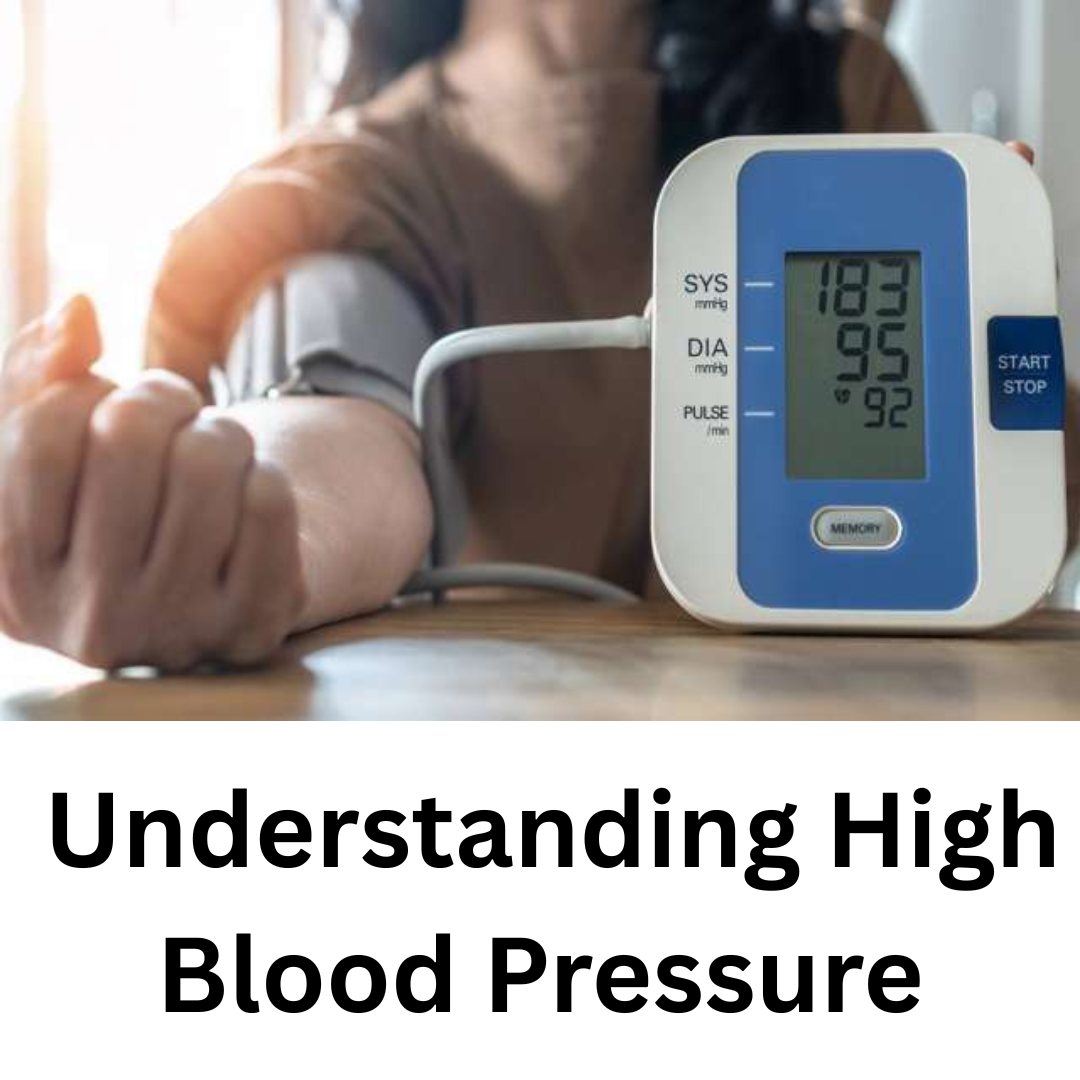High blood pressure, also known as hypertension, is a chronic condition that occurs when the force of blood against the artery walls is consistently too high. Over time, this increased pressure can damage the heart, blood vessels, kidneys, and other organs. Often referred to as the “silent killer,” hypertension may present with few noticeable symptoms. However, warning signs like frequent headaches, dizziness, nosebleeds, and blurred vision can signal the need for medical attention. Blood pressure is measured using two numbers: systolic and diastolic. A normal reading is below 120/80 mmHg.

Managing high blood pressure involves a combination of lifestyle changes and, if necessary, medication. Reducing sodium intake, engaging in regular exercise, maintaining a healthy weight, limiting alcohol, and quitting smoking are all effective strategies. Routine check-ups are important, especially for individuals with a family history of hypertension or other risk factors like diabetes and obesity. Early intervention can significantly lower the risk of serious health complications.


